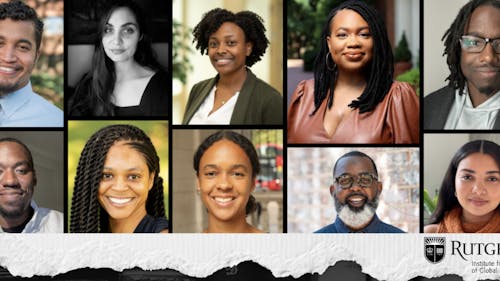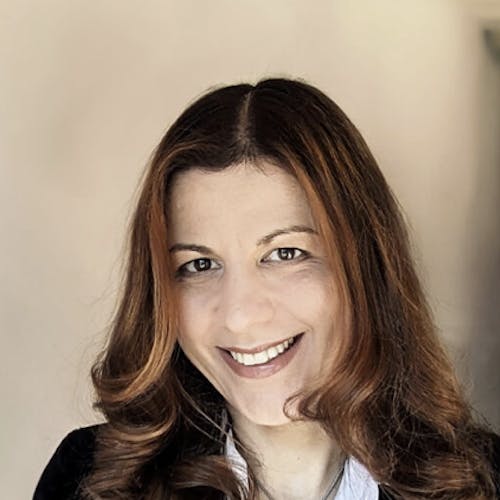Study of Global Racial Justice hosts various professors on Black ecologies in literature

On Wednesday, the Institute for the Study of Global Racial Justice hosted a Zoom webinar titled "Literature, Critical Theory and Black Ecologies," featuring prominent thinkers specializing in Black culture, literature and theory.
Several speakers, including J.T. Roane, an assistant professor in the Department of Geography, hosted the talk.
Roane opened the presentation with a video of community discussions around Black ecology on Virginia's Rappahannock River, which he produced with Justin Hosbey, an assistant professor in the Department of City and Regional Planning at the University of California, Berkeley.
Hosbey talked about the necessity of literary scholarship for textually representing and interpreting life. He said that the contributions of Black authors are critical in his interdisciplinary understanding of English, topology and history.
Hosbey then handed off the discussion to Helen Ganiy, a graduate student in the English Department who studies 20th- and 21st-century Black literature. Ganiy discussed Black subjectivity, the limitation of categories and the relationship between human and non-human identities.
Next, Randi Gill-Sadler, an assistant professor in the Department of Africana Studies and the English Department at Davidson College, talked about fictional and real-life geographies in Black literature, such as novelist Gloria Naylor's exploration of fictional Willow Springs and author Audre Lorde's review of real-life Grenada.
Gill-Sadler referred to this lens through which Black women writers analyze Blackness, empire and ecology as the archipelagic circuit.
Similarly, Carlyn Ferrari, an assistant professor in the English Department at Seattle University, focused on Black women's theoretical perspective and literary expression of the natural world.
In her presentation, Ferrari talked about author Gayl Jones' "Corregidora," in which the main character grapples with generational trauma and her identity as a Black woman upon becoming infertile.
"The assault upon the natural environment today is but an extension of the assault upon Black women's bodies in the 19th century," Ferrari said.
Elleza Kelley, an assistant professor in the Department of African American Studies and English Department at Yale University, talked about racial enclosure portrayed through Black literature and visual art.
In her presentation, she shared excerpts and images of author Sidney Lanier's "Marshes of Glynn" and artist Beverly Buchanan's "Marsh Ruins," where marshes represent freedom and unbound growth.
Then, Christine Okoth, a lecturer in the English Department at King's College London, discussed the extraction of resources from the African continent by colonial powers. She said she wanted to focus away from typical narratives surrounding the plantation or the ocean.
In particular, she talked about the colonial discovery of Namibia's mineral wealth and the subsequent Herero Genocide. Raw materials extraction, she said, is related to developing hierarchies, including race.
J.P. Sloan, a graduate student in the English Department, then talked about dirt and the connotations of its linguistic forms. He said dirt is commonly linked with Blackness in a way that is intended to be harmful and that this usage connects Blackness to the world.
"For soil, death does not signify end but begin," Sloan said.
Likewise, Maurice Wallace, the associate chair of the English Department, explored trees in relation to environmental racism. In particular, he said one tree in his neighborhood made him aware of his predominantly white neighbors' hostility toward him and his family.
"As much as environmental racism threatens the material conditions of land, air, vegetable and water sustaining Black biosocial life under modern colonial capture, another modality superimposes upon the non-human field," he said.
The webinar then went into a Q&A session by the panelists, hosted by Dana Cypress, an assistant professor in the English Department at Colgate University. The panelists concluded by discussing scholars' accountability to institutions and spiritual heritage.



